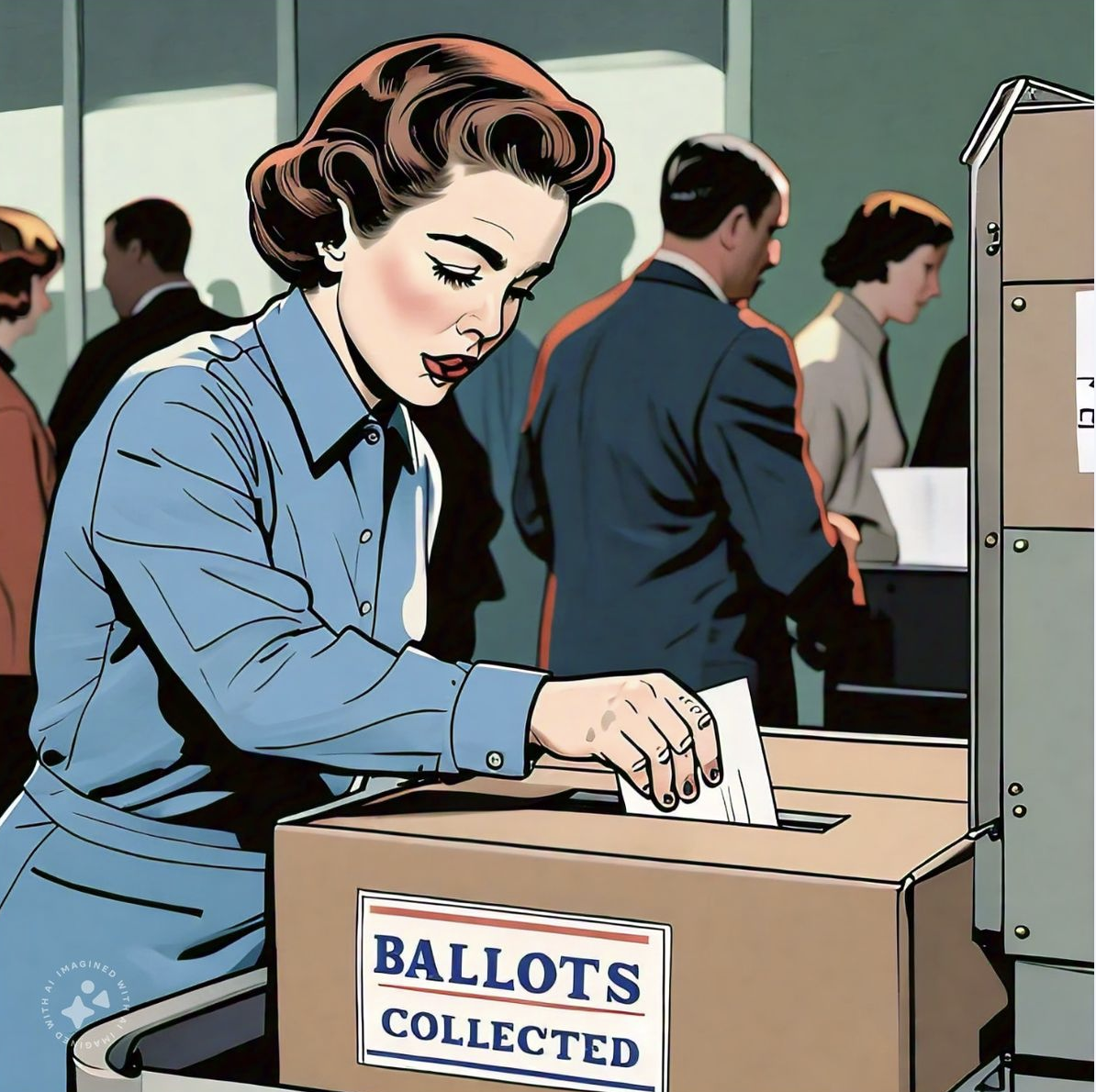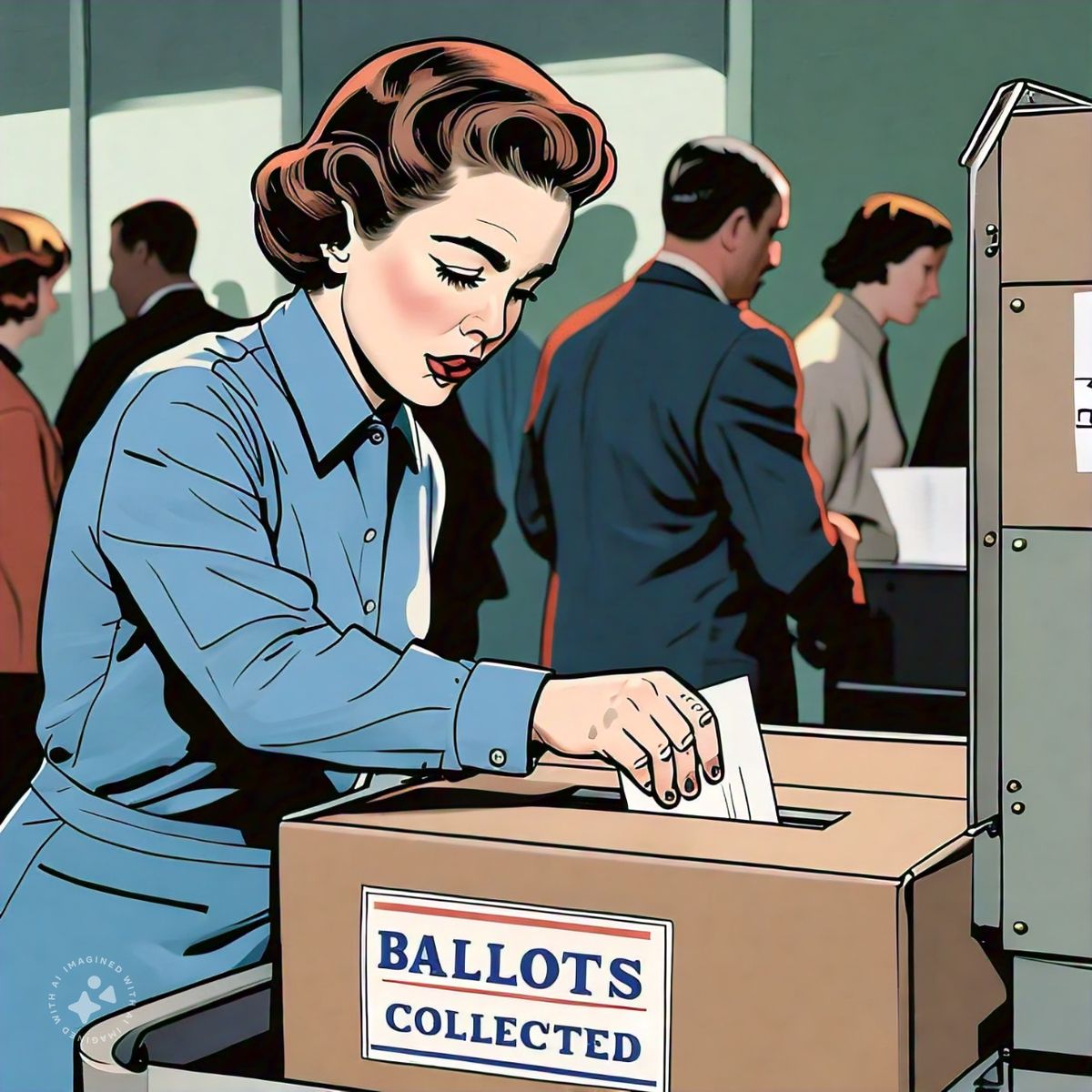A second Trump administration, paired with a Republican Congress and a business-friendly judiciary post-Chevron deference, promises sweeping changes to employment regulations. These shifts will redefine workplace rules for Florida entrepreneurs as both employers and employees.
Why it matters: Rescinding rules and regulations that existed prior to the Biden-Harris administration will give employers more leverage. Such changes could make it less preferable to remain an employee, spurring more entrepreneurship, assuming incentives for such entrepreneurship remain.
Key changes ahead:
1. Overtime pay overhaul:
The Biden-era rule increasing the overtime threshold to $58,656 by 2025 faces likely reversal or downgrading. Over 3 million employees nationally could lose overtime eligibility, reducing labor costs but heightening scrutiny of work classifications.
2. Independent contractor flexibility:
The Biden administration’s restrictive independent contractor rule, finalized in March 2024, complicates gig work classifications. A rollback to Trump-era guidelines would offer businesses more leeway but raise worker misclassification risks.
3. Noncompete agreements reinstated:
What's next: The Federal Trade Commission’s ban on noncompetes for millions is in limbo following court challenges. Trump-appointed commissioners are expected to shelve the ban, allowing Florida employers to reinstate these clauses while employees face greater mobility limitations.
4. Reduced union support:
Current pro-union National Labor Relations Board (NLRB) policies may be dismantled, such as streamlined unionization and limits on non-disparagement agreements. Florida entrepreneurs managing employees could regain negotiation advantages but see increased organizing challenges from stricter oversight.
Impact on Florida entrepreneurs:
-
As employees: Under revised salary thresholds, higher-paid professionals in Florida could lose overtime eligibility, affecting earnings and job flexibility. Independent contractors may see expanded opportunities but with fewer workplace protections.
-
As employers: Businesses may benefit from reduced regulatory burdens, lower payroll costs, and reinstated non-compete agreements. However, reclassifying workers or missteps in policy implementation could trigger litigation risks.
The bottom line: The Republican-controlled federal landscape prioritizes deregulation to curb business costs and boost operational flexibility. Florida’s workforce—whether entrepreneurs or employees—must stay vigilant, balancing new freedoms with compliance risks.
Go deeper: The Business Journals (Paywall)














